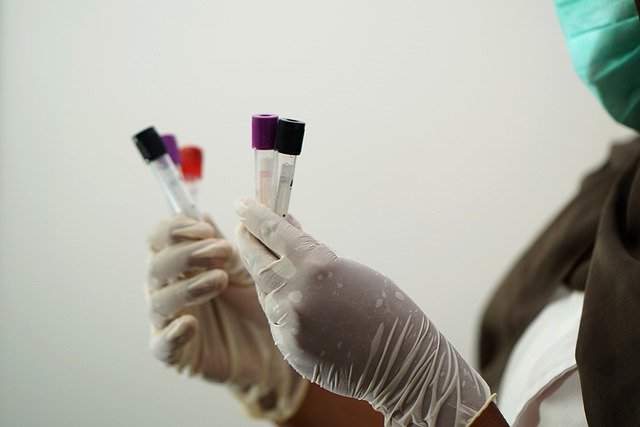At the Institute for Cardiovascular and Metabolic Research (ICMR) at the University of Reading the British Heart Foundation (BHF) funds vital research which aims to understand why heart disease (which includes heart attacks and heart failure) develops, and explores new ways to reduce the risk of suffering from these life-threatening conditions.
This includes understanding how diseases of blood vessels develop into heart disease, how and when this triggers the blood to clot inside blood vessels (the trigger for a heart or stroke), and the damage that is caused to the heart muscle which either causes heart attacks or heart failure. Our work particularly focusses of the molecules and complex processes inside the various cells of the cardiovascular system. The idea is once we know how the ‘molecular machinery’ inside these cells works we are able to design or develop new therapies to aid prevention and treatment.
In particular, ICMR research focuses on haemostasis and thrombosis (haemostasis is normal blood clotting), diet, genes and cardio-metabolic health and cardiovascular cell biology and physiology.
- What you eat can have an effect on the elasticity of your blood vessels, and can reduce the risk of developing stiff arteries.
- We have identified how and why fat deposits occur in arteries
- We have found that the types of fats in your diet affect your heart health
- We have discovered new ways to prevent thrombosis (dangerous blood clots)
- Components of the diet can reduce the detrimental inflammation which is linked to obesity, diabetes and heart disease
- We train the research leaders of the future to focus on cardiovascular and metabolic health
INVESTING IN SOLUTIONS
The University made a major investment in state-of-the-art imaging facilities to support research in the area, including in cell and molecular studies, animal models of disease and human studies. This was supported by the BHF with a grant of £500,000.
The ICMR comprises over 20 individual research groups. The University’s Academic Investment Programme funded the appointment of several new posts in the area of cardiovascular and metabolic health resulting in the establishment of new groups studying cardiovascular muscle cell biology and its regeneration, vascular biology, and new groups that will expand our studies of blood clotting.
Professor Jon Gibbins, Director of the ICMR, said “The BHF celebrated its 50th birthday in last year (2011), and is now one of the largest funders of biomedical research in UK. A huge proportion of BHF funds are committed to fundamental research, including the work of the ICMR at Reading. The dramatic improvement that has been made in the treatment of those unfortunate enough to suffer from a heart attack during this period is no coincidence – much of this is down BHF’s tireless work to support the best research.”
“As the major cause of death and suffering in the UK there is clearly no room for complacency. Researching the causes, prevention and treatment of cardiovascular disease is a major and growing focus for scientists at the University of Reading. Much of our work is supported through the generosity of the BHF, and in turn the members of the public who support the BHF. Without them much of our work would not be possible.”
“The ICMR is expanding, not just through new academic positions, but also facilities to enable our research to be the best it possibly can be. We are hugely grateful to the BHF for contributing £500,000 towards the cost of our new imaging facilities that will be critical for the research that we have planned for next 5 years.”
TEACHING AND TRAINING
Students at the University of Reading benefit from being taught by academics who are leading researchers in their fields. Whether it is on undergraduate programmes or Masters or PhDs, they gain from the latest research. Our research staff teach modules across programmes in biological sciences, pharmacy and food. In particular, they teach on:
BSc Bio Medical Sciences
BSc Biological Sciences
Programmes in Food and Nutrition, Pharmacy, Biochemistry
- Read about the work Reading did with the British Heart Foundation to mend broken hearts
- Watch Dr Sam Boateng discussing his role in the BHF campaign
Research led by Professor Jon Gibbins, Director of the ICMR
First published: 2012

